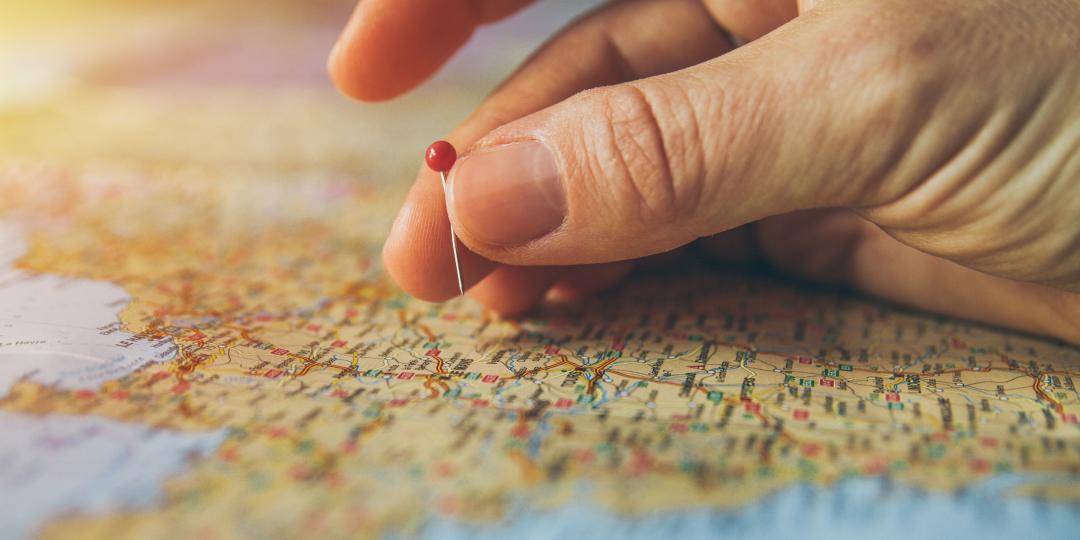The year ahead for travel promises to be an exciting one, with micro-tripping, nomadic hotels and vegan holidays on the list for the new decade.
Agility, adaptation and innovation are key. Adapting the product offering to suit the changing needs of travellers is essential to stay ahead of the competition. Several local operators have read the inbound market carefully and are offering special packages that cater for changing market needs.
Time seems to be the ultimate currency and there has been a definite trend of inbound tourists taking shorter holidays, says Sabine Blehle, CEO of GoVacation Africa.
“Many tourists don’t have the time available for extensive holidays. We, therefore, had to adjust our packages to accommodate this trend and to maximise vacation days, considering flight schedules,” she says.
“The fact that South Africa does not have a big time difference to Europe, and that most flights are overnight, helps to get the most out of an itinerary while travellers are in country. Logistically, South Africa’s infrastructure and international as well as local flight connectivity, make it easy to see the highlights of the country in a very short period of time.”
Getting China-ready is another theme that will continue into 2020 (and for the rest of the decade), and, according to Terry Fenton-Wells, MD of SA Magic Tours, this is also a market where time is limited so tour operators need to make the most of creating exciting itineraries that tick all the boxes in a period of just eight to ten days. Additional signage and having Mandarin-speaking ambassadors at airports and training local guides are all key factors to make the most of this market.
‘Treading the earth lightly’, eco-tourism and sustainability continue to be key themes in the global tourism marketplace but is a tricky one for tour operators selling South Africa, which is a long-haul destination.
In a CNBC article, ’Here’s how to ditch that flight shame guilt’, David Armstrong, CEO of UK travel platform Holiday Pirates, suggests taking direct flights, as well as researching and booking with travel companies and airlines that have carbon-offsetting programmes.
“By paying a couple of bucks to carbon offset your flight, funds will be allocated to emission-reduction schemes, like investing in projects that reduce or remove emissions like renewable energy (wind, solar) or protect trees,” he says.
South Africa has its own homegrown initiatives, as noted in a Tourism Update article published in September.
Other trends to look out:
- The rise of vegan-friendly establishments and vegan-friendly restaurants.
- Luxury train travel gets a big boost in light of ‘environmental anxiety’ around air travel.
- The Digital Detox comes of age, featuring off-the-grid holidays, back-to-nature adventures, and ‘Spartan Holidays’ (a term used widely by publications like Conde Nast Traveller) where travellers pay to go offline.
- Transformative travel has made its way into the health and wellness space, with experiences that offer personal growth, exposure to other cultures and experiences (much more than just a trip to the spa).
- Halal travel will continue to grow in the next decade.
- Solo travel, inter-generational travel and women-only travel are still on the radar and bleisure travel (business and leisure) is likely to continue to grow.
























